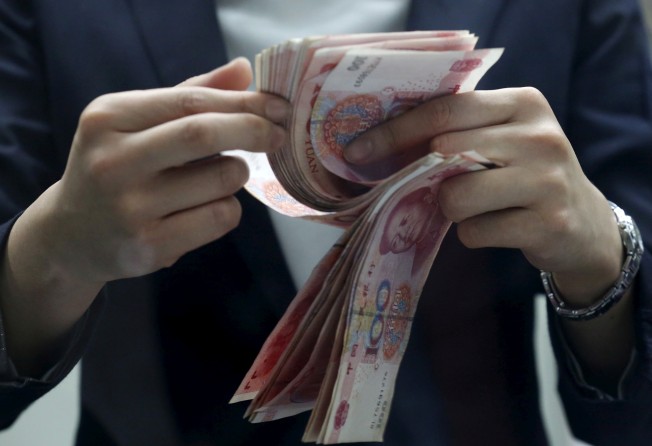
Clarity needed on new ratings system for foreign business
- Overseas firms and Chinese authorities must work together on what is a game-changer to create a level playing field for all businesses

Discussions on China’s controversial social credit system have so far focused on individuals. But, as a new system will be rolled out next year, foreign companies are worried as they will also be included.
Adding to their concerns is that the Ministry of Commerce is set to publish a black list of “unreliable foreign entities” deemed to have damaged Chinese interests. Businesses are confused about how this list will be used within the new system.
There needs to be clarity on this matter which only regulators can provide.
In a new study, the European Union Chamber of Commerce in China has raised some legitimate concerns which mainland regulators will do well to address to help foreign companies navigate the new complex system.

In fairness, though, the chamber also welcomes its clearly spelt-out regulations and criteria in how companies will be rated.
Since there is no turning back, foreign businesses and Chinese authorities must work together in what is a game-changer to create a level playing field for all businesses. As foreign businesses are already subject to such monitoring, albeit in a haphazard manner whose transparency varies from place to place, they may actually welcome a supervisory system that is open and rule-based.
Virtually all advanced economies have systems for ratings and creditworthiness, especially for banks, insurance and health care companies. But China’s new system promises to be the most comprehensive and reaches well beyond purely financial ratings.
While foreign companies are already subject to roughly 30 different regulatory ratings and compliance records, the new system means they face being rated by about 300 requirements. The system, however, carries both carrots and sticks.
A company’s behaviour in areas such as tax, customs, environmental protection and product quality will be judged in terms of compliance. Higher scores will mean lower tax rates and better credit conditions.
Some concerns raised in the chamber’s report need to be addressed forthrightly. Since companies will be forced to provide massive data, some of which will involve intellectual property and privacy, how will regulators safeguard their protection? What will happen when the system’s demands conflict with the laws of a company’s home country? If a partner or contractor has a low rating, can a company still do business with it?
Envisaged as a counterweight to the dominance of Western credit-rating companies, compliance could mean life or death for a firm. Given the complexity of the system and its awesome powers, officials must ensure it is fair and transparent. This is not only to help companies navigate it, but to provide a self-regulating marketplace that will attract foreign businesses.